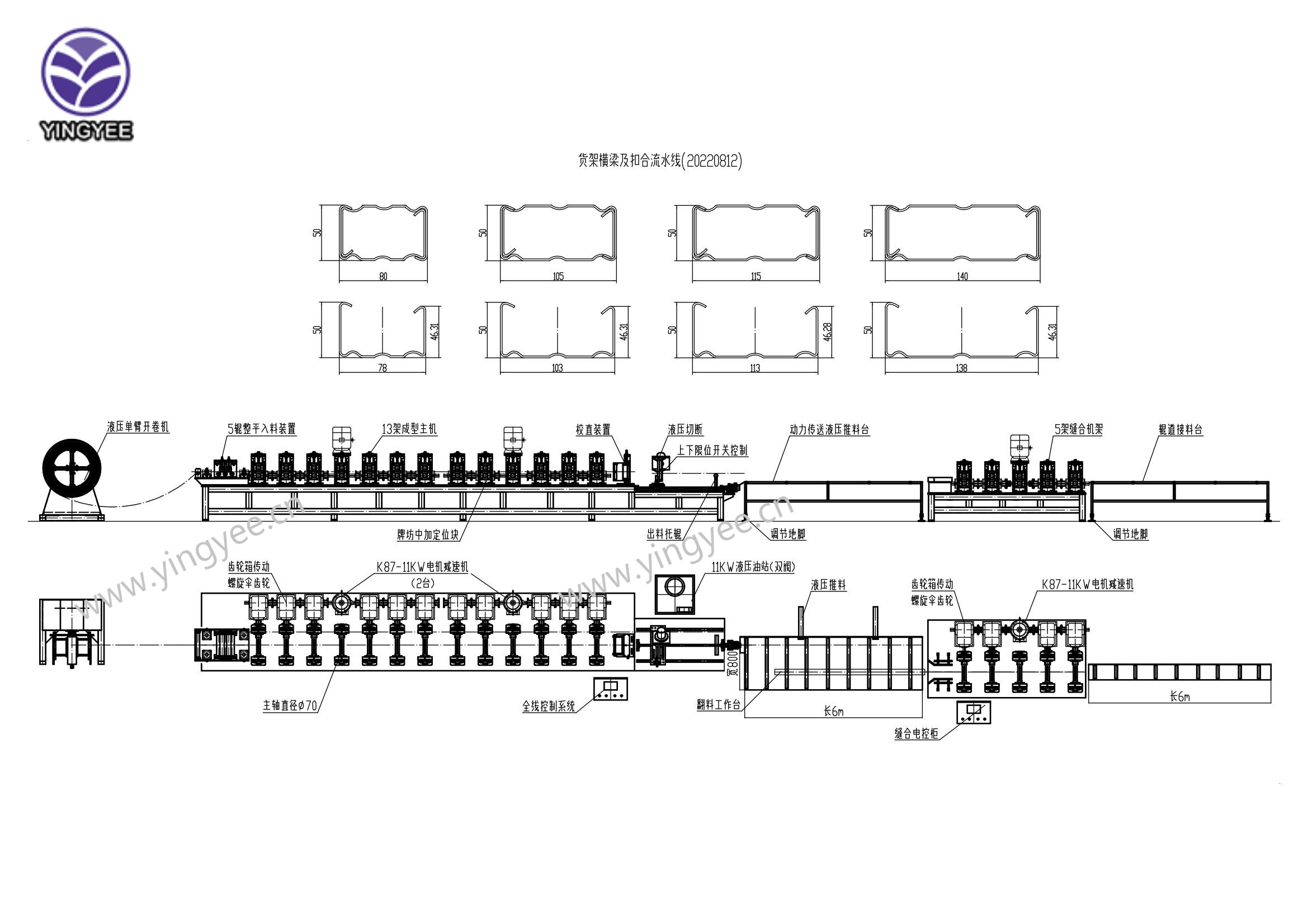
The Evolution and Impact of Pipe Thread Rolling Machines
In the realm of industrial manufacturing, precision and efficiency play critical roles in producing high-quality products. Among various machinery that facilitate such precision, the pipe thread rolling machine stands out for its ability to create accurate and durable threads on pipes. This article explores the significance, operation, and advancements of pipe thread rolling machines, serving as a vital asset in the manufacturing industry.
Understanding Pipe Thread Rolling Machines
Pipe thread rolling machines are specifically designed for the purpose of forming threads on pipes and tubes through a process termed rolling. Unlike traditional cutting methods that remove material, thread rolling utilizes high pressure to deform the material, creating threads without wastage. This method not only enhances the structural integrity of the threads but also increases their fatigue resistance, making rolled threads more reliable for various applications.
The Operating Principle
The operation of a pipe thread rolling machine involves several key components, including rollers, workpieces, and a hydraulic or mechanical drive system. The process begins with a pipe positioned within the machine. The rollers, shaped to match the desired thread profile, exert pressure on the pipe as it rotates. As the rollers move along the length of the pipe, they displace the material, instantly creating threads.
This rolling process ensures that the internal structure of the pipe remains intact, offering benefits such as improved strength and reduced chance of defects. Moreover, as the process requires less energy compared to cutting, it contributes to lower operational costs.
Advantages of Thread Rolling Machines

The advantages of pipe thread rolling machines are manifold. One of the most significant benefits is the increased durability of the threads produced. Rolled threads exhibit greater resistance to wear and tear, making them ideal for high-stress applications, such as oil and gas pipelines, hydraulic systems, and construction sectors.
Additionally, thread rolling reduces material waste, as no chips or shavings are generated during the process. This not only promotes a more sustainable approach to manufacturing but also lowers material costs. Furthermore, the speed of thread rolling enhances productivity, allowing manufacturers to meet higher demands without compromising quality.
Innovations and Advancements
In recent years, advancements in technology have allowed pipe thread rolling machines to become even more efficient and user-friendly. Automation and computer numerical control (CNC) systems provide enhanced precision, enabling the machines to accommodate various pipe sizes and thread designs. These innovations not only streamline the manufacturing process but also reduce the possibility of human error.
Moreover, newer models are being designed with energy efficiency in mind. Many manufacturers are integrating energy-saving technologies that minimize power consumption while maximizing output. This evolution in design reflects a broader trend within the industry toward sustainable manufacturing practices.
Conclusion
The pipe thread rolling machine has carved out a niche as a critical component in the manufacturing sector, particularly for industries requiring durable and reliable threaded connections. With its ability to produce high-quality threads, its efficient use of material, and the ongoing advancements in technology, this machine is poised for continued relevance in the industrial landscape.
As global demands for high-quality infrastructure and machinery rise, the importance of pipe thread rolling machines cannot be overstated. As manufacturers continue to innovate and refine these machines, we can anticipate even greater efficiency, reliability, and sustainability in the production of threaded pipes. Such developments promise not only to enhance competitive advantage in the manufacturing sector but also to contribute to the broader goal of sustainable industrial practices. Thus, the evolution of pipe thread rolling machines is not just a story of technological advancement, but also one of significant impact on the future of manufacturing and industry.